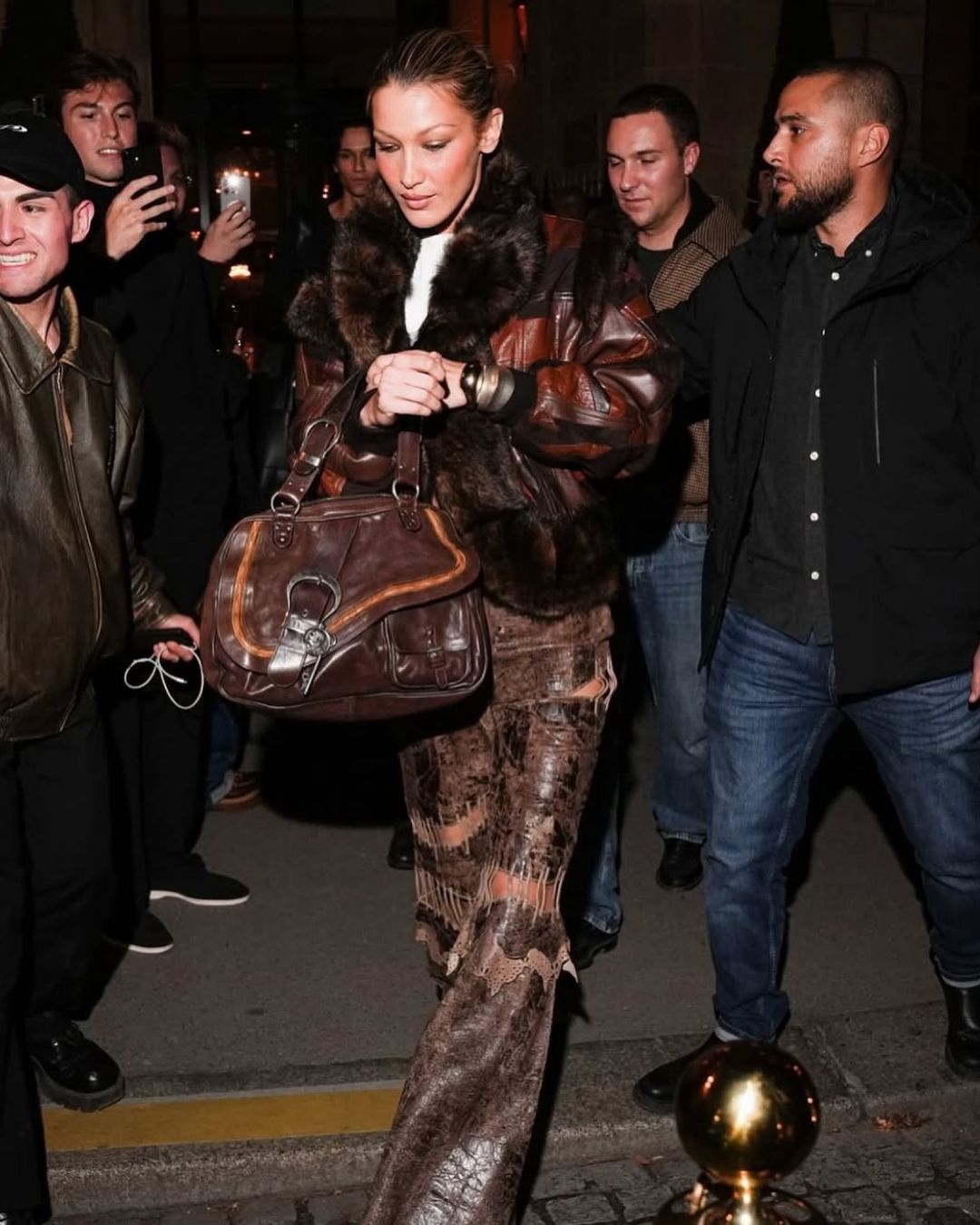
We are buying fewer and fewer jeans Between the losses of Levi Strauss & Co. and a shift in consumer tastes
It is a well-known fact that the trends that dominate catwalks do not always reflect the buying habits of consumers. A glaring example? Jeans, the protagonist of the Y2K revival, along with historic brands like Diesel and Dsquared, which, however, do not seem to be consumer favorites. Sunny Zheng, an analyst at Coresight Research, has noted that American companies specializing in denim (Levi Strauss & Co, American Eagle Outfitters, and Abercrombie&Fitch) are suffering from changing customer tastes and are experiencing a gradual decline that shows the aftermath of the pandemic era when the confined world population preferred the cotton of a suit to raw denim. Euromonitor also estimates that the market will grow by a modest 3.8% between 2022 and 2027, after growing by 12.5% over the past five years. «Denim is a category affected by changing consumer behavior,» Citigroup analysts said in a note to BoF.
Two years ago, Levi's was forced to lay off 700 employees, 15% of its total workforce, in response to a slump in pandemic sales. The company's CEO, Chip Bergh, justified the job cuts by citing the impact of the shop closures, a -62% decline in sales, and a net loss of $364 million. Another sales decline is expected in 2023, this time due to changing consumer tastes away from more expensive jeans towards more formal, cargo and corduroy suits, while single and double-breasted trousers and wider silhouettes are becoming more popular.
Analysts also expect Levi's gross margins to come under pressure from higher inventories, increased promotions, and a stronger dollar, even as jeans have become more expensive. With the US on the brink of a recession and buyers squeezed by inflation, demand in the denim category will weaken after surging in 2021. According to Coresight's Zheng, a pair of Levi 501 stretch skinny jeans for women currently costs $108, up from $98 in 2019, and not all consumers can keep up with rising prices.




















































